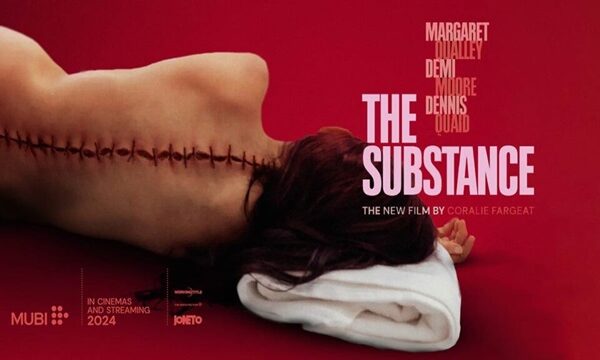
BIMM Dublin: A cultural and educational crisis driven by capitalist greed
By Kate Quinlan, BIMM graduate, class of 2024, 14 February 2025 The proposed mass redundancies at BIMM Dublin, one of Ireland’s most prestigious music colleges,

By Kate Quinlan, BIMM graduate, class of 2024, 14 February 2025 The proposed mass redundancies at BIMM Dublin, one of Ireland’s most prestigious music colleges,

By Steph Lacey (Socialist Party Ireland) 5 February 2025 The Substance is a satirical, body-horror film that centres around the character of Elisabeth Sparkle, a fading